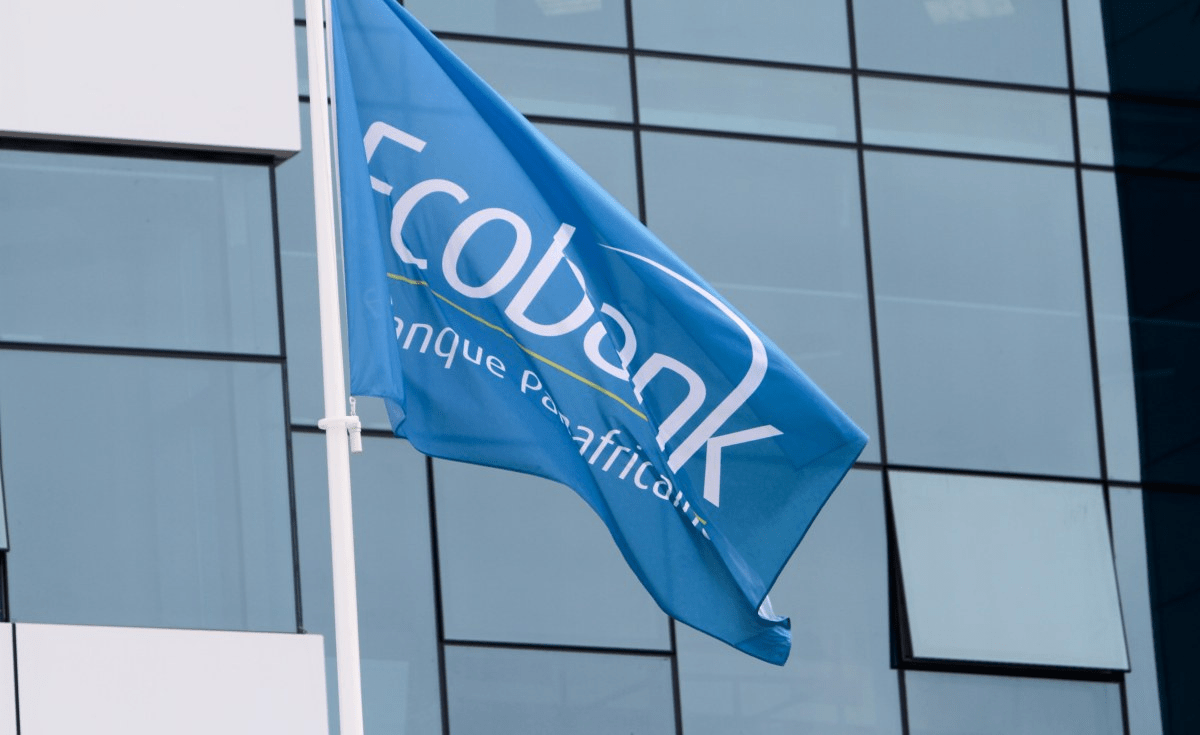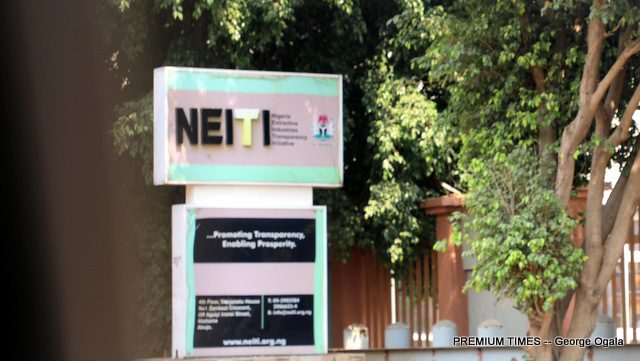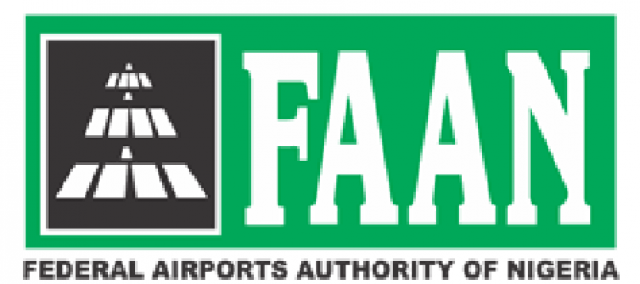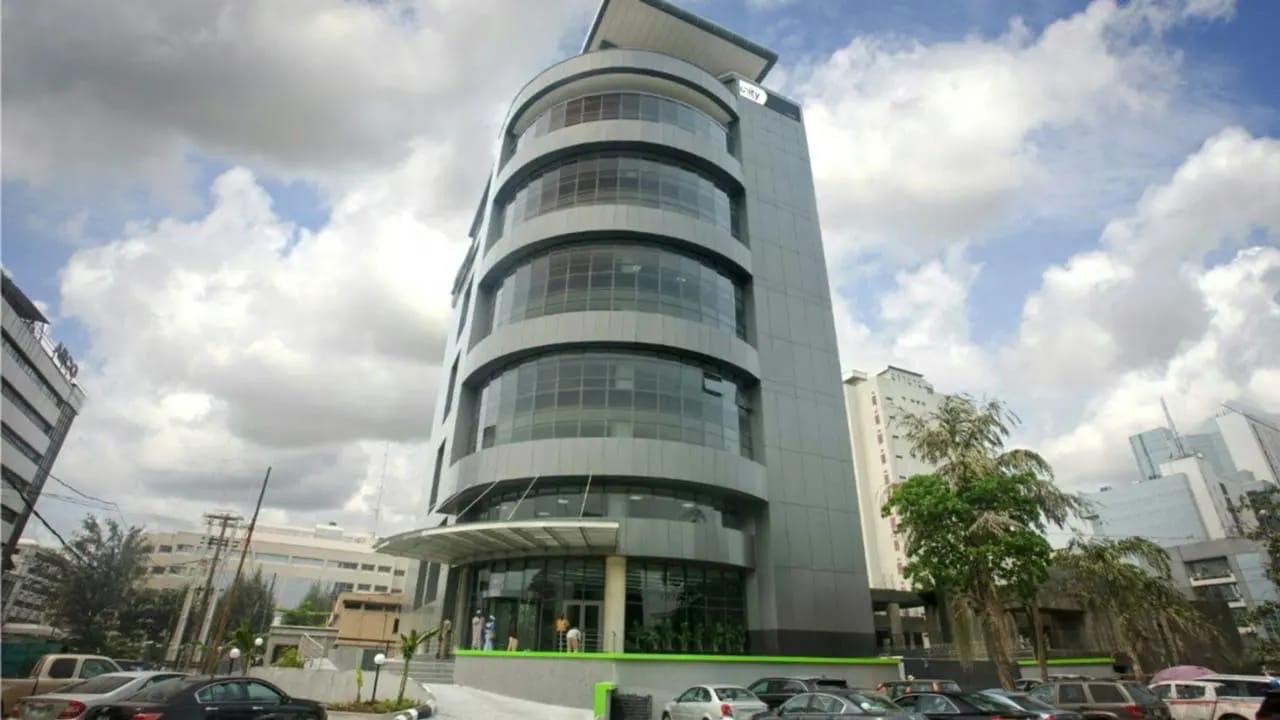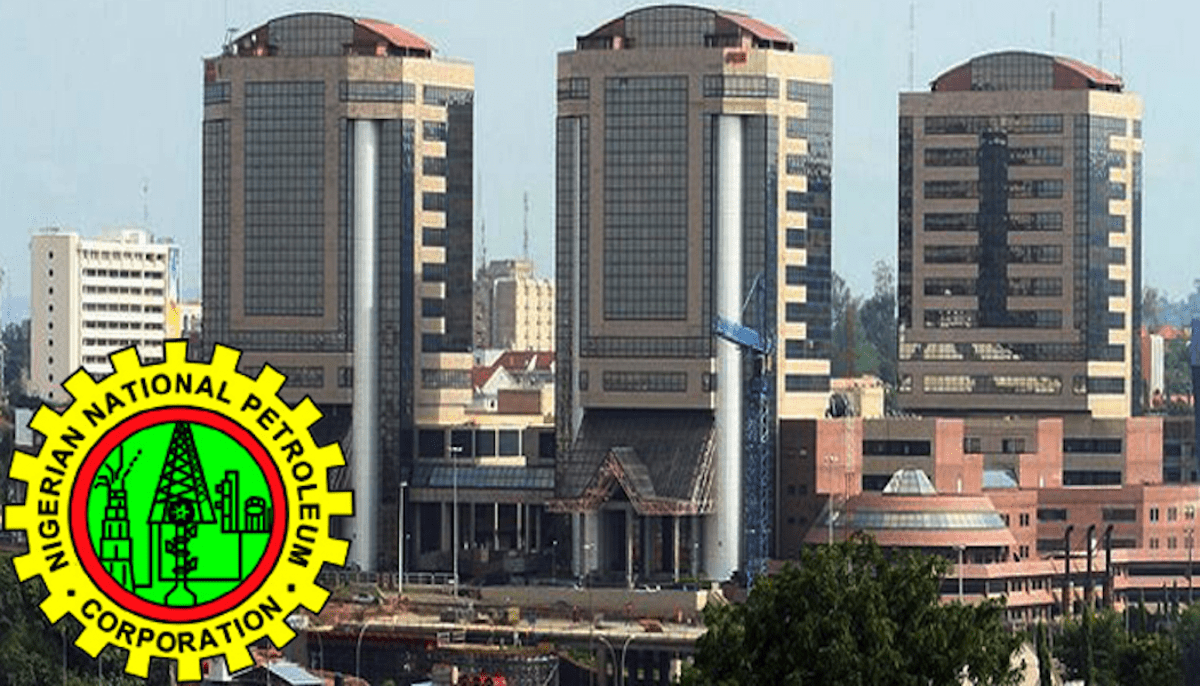Conflict Resolution: Shettima Wants AU To Renew Focus On Diplomacy
Conflict Resolution: Shettima Wants AU To Renew Focus On Diplomacy
* Says external interference in crises in Africa negates continent’s security policy, spirit of common defence
* Identifies education as public investment with highest returns
Deji Elumoye in Abuja
Vice-President Kashim Shettima has advised the African Union (AU) to reinvigorate diplomacy as the primary and most effective means of conflict resolution on the African continent.
He acknowledged the role played by the AU’s Peace Support Operations (PSOs), a unit designed to maintain, monitor and build peace in Africa through peacekeeping and peace enforcement missions, observing, however, that the operation comes at a huge financial cost.
The vice-president made the call during a meeting of the AU Peace and Security Council at the level of Heads of State and Government held on the margins of the 80th Session of the United Nations General Assembly (UNGA) in New York, United States.
Addressing the council on behalf of President Bola Tinubu, Shettima noted that with the current UN administration and growing interest by traditional partners in conflicts outside the African continent, it was becoming increasingly difficult for countries to shoulder the total cost of peace support operations on the continent.
He said: “Our continent must continue to maintain a diplomatic approach in its conflict prevention and resolution endeavours. Against this backdrop, we urge the council to ensure that the concept of future peace operations, particularly those mandated by the UN, includes diplomatic and political strategies that ultimately address the root causes of conflict.
“We also urge the council to ensure that the existing strategies for future AU PSOs include elements that would ensure that national and local institutions can effectively anticipate and manage shocks and relax tensions.”
The vice-president said this is the only way the continent’s peace support operations can leave behind resilient and self-sustaining peace infrastructure wherever they find themselves.
“We further wish to underscore the current practice of proliferation of numerous peace initiatives on our continent, which counter AU’s prevention and resolution processes,” he added.
Shettima warned that external interference in crises on the African continent, including the presence of foreign military forces, mercenaries and defence contractors in some member states of the AU, negates the spirit of African common defence and security policy.
Maintaining that meddling in crises on the continent is contrary to the African Conflict Prevention and Resolution Initiatives, the vice-president called on the council to consider adopting a communiqué to address the loopholes in conflict resolution.
Accordingly, Shettima urged the council to consider the call for the immediate and unconditional withdrawal of foreign forces from member countries.
He also told the council: “To expeditiously address obstacles to the operationalisation of the African Standby Force as well as adopt a strategy for the deployment of the African Standby Force in situations of conflict on the continent.”
Shettima noted that the council would be more successful if it regularly coordinates, consults and strategically engages similar structures or mechanisms of regional economic communities.
“It’s our view that conflict prevention and resolution on the continent is a matter of solidarity and working in silos should be avoided completely. The AU has adequate mechanisms for the prevention of the ever-changing conflict and crisis dynamics on our continent,” the vice-president stated.
Earlier, the Special Representative of the Secretary-General to the African Union and Head of the United Nations Office to the African Union, Mr Parfait Onanga-Anyanga,
who decried the surge in armed conflicts and dwindling funding for peace interventions on the continent, urged member countries to establish their own national peacebuilding and conflict prevention mechanisms.
“Prevention, indeed, must start at home and must be consistent with the United Nations Charter. Regional organisations such as the African Union, of course, regional economic commissions and regional mechanisms have a key role to play in this regard,” Onanga-Anyanga noted.
In a related development, the vice-president has identified education as the public investment with the highest returns, saying every additional year in school increases lifetime earnings and reduces the risks of fragility and conflict.
He stated this during a high-level event organised by the Permanent Missions of Italy and Nigeria, along with Global Partnership for Education (GPE), on the margins of the ongoing 80th Session of the United Nations General Assembly in New York, United States.
The event was hosted to discuss the opportunities that investing in quality education presents to the world.
Shettima noted that well-targeted education financing addresses the root causes of instability, extreme poverty, and youth unemployment, noting that GPE multiplies impact through financing, policy support and targeted incentives.
According to the vice-president, GPE mobilises domestic resources and co-financing, multiplying the impact of every dollar invested, just as GPE’s multiplier and co-financing mechanisms have unlocked billions in funding beyond GPE’s grants.
His words: “GPE has a record of mobilising partners and delivering results at scale. Over recent years, the partnership has approved and disbursed significant grant volumes and leveraged innovative financing to reach millions of children.
“In 2024 alone, GPE approved over US$1.2 billion in new grants and mobilised more than US$1.5 billion in co-financing – evidence that the partnership’s model works when it is funded and prioritised.
“It is important to acknowledge that GPE cannot fulfil its mission without predictable and adequate replenishment. In the 2021-2025 cycle, GPE raised approximately US$4.2 billion, a significant achievement, yet still short of what is needed to fully transform education.”
Shettima said Nigeria is expanding early childhood access, improving teacher training and investing in marginalised regions.
“A notable GPE grant in Nigeria is helping us to integrate religious school children into mainstream education and train teachers across states, especially to support girls’ education,” he pointed out.
The vice-president urged donors to safeguard and increase official development assistance for basic education, prioritise flexible, predictable funding to strengthen systems, and support targeted initiatives such as girls’ education accelerators that deliver significant social returns.
He further noted that fully funded replenishment will unlock the essential grants and technical assistance needed in the countries where the impact would be most profound.
“Nigeria stands ready to work with all partners to make GPE 2030 a turning point and replenishment that delivers both scale and measurable learning for the children we are privileged to serve. We hope that our collective action matches the scale of our children’s promise,” Shettima added.
* Says external interference in crises in Africa negates continent’s security policy, spirit of common defence * Identifies education as public investment with highest returns Deji Elumoye in Abuja Vice-President

